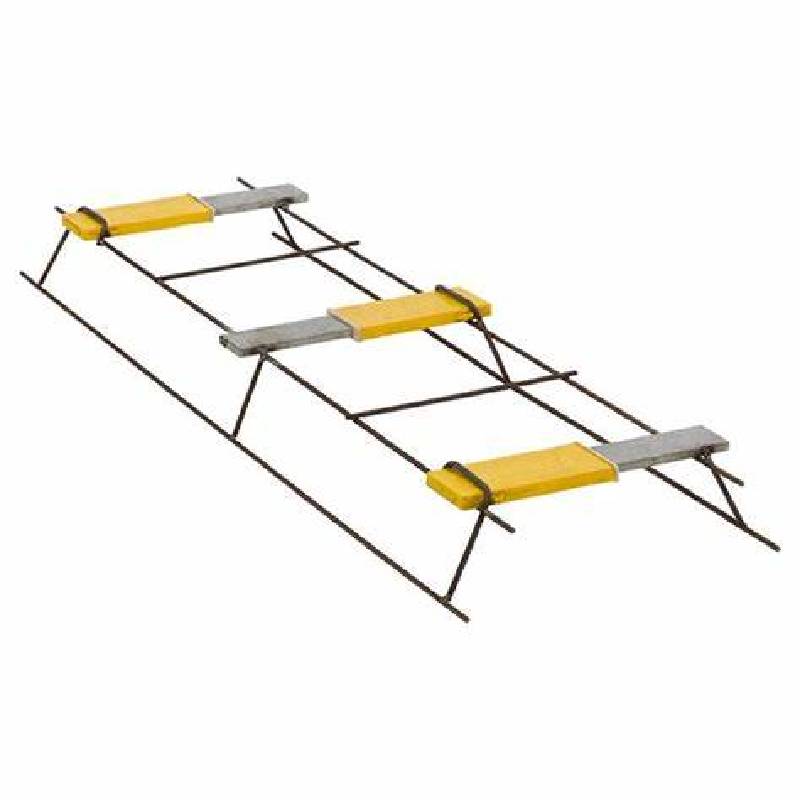
- Mobile Phone
- +8613931874955
- sales@cntcmetal.com
Durable and Compact Coil Springs for Lightweight Applications and Enhanced Performance
The Advantages of Lightweight Coil Springs in Modern Engineering
In the realm of modern engineering, the design and materials used for various components can significantly impact the performance, efficiency, and overall functionality of a product. Among these components, coil springs play a crucial role in a wide variety of applications, from automotive suspension systems to industrial machinery. The emergence of lightweight coil springs has revolutionized how engineers approach designs, offering numerous advantages that enhance performance while reducing weight.
Understanding Coil Springs
Coil springs are a type of mechanical spring that are made from a wire coiled into a helix shape. They can be categorized into several types, including compression springs, tension springs, and torsion springs. Each type serves a specific function, but they all rely on the fundamental principle of elastic deformation, where the spring returns to its original shape after being deformed. This property makes coil springs indispensable in applications that require shock absorption, energy storage, or motion transfer.
The Shift to Lightweight Materials
Traditionally, coil springs have been made from steel, which while strong, can be relatively heavy. The growing demand for lightweight solutions in industries such as automotive and aerospace has led to an increased interest in alternative materials. Innovations in metallurgy and material science have given rise to lightweight coil springs made from materials such as aluminum, composite fibers, and advanced alloys. These materials provide the necessary strength and durability while significantly reducing the weight of the springs.
Benefits of Lightweight Coil Springs
1. Reduced Weight The most apparent advantage of lightweight coil springs is the reduction in overall weight they bring to a system. In automotive applications, for example, reducing the weight of suspension components can lead to improved fuel efficiency and performance. Lighter vehicles require less energy to operate, which is a critical consideration in today’s world of rising fuel costs and environmental consciousness.
lightweight coil springs

2. Enhanced Performance Lightweight coil springs can improve the responsiveness of the suspension system. With less mass to move, these springs can react more quickly to road imperfections, offering a smoother ride and improved handling. This characteristic is particularly important in high-performance vehicles and motorsports, where agility and response time are crucial.
3. Increased Load Capacity Advances in material engineering mean that lightweight coil springs can outperform their heavier counterparts when it comes to load capacity. Materials such as high-strength alloys can achieve similar or even greater strength-to-weight ratios compared to traditional steel, enabling engineers to design more efficient systems without sacrificing capability.
4. Greater Design Flexibility The use of lightweight materials opens up new possibilities for design innovation. Engineers can explore more complex geometries and optimized shapes, leading to unique spring designs that maximize performance while minimizing weight. This flexibility can be particularly advantageous in applications with space constraints or specific performance demands.
5. Cost-Effectiveness Although the initial investment in advanced materials may be higher, the long-term savings can be significant. Lightweight components can lead to reduced operational costs due to increased fuel efficiency, lower maintenance requirements, and enhanced durability. Additionally, as manufacturing processes adapt to incorporate these new materials, costs are expected to decrease further.
Applications in Various Industries
Lightweight coil springs are seeing widespread use across several industries. In the automotive sector, they are utilized in suspension systems, shock absorbers, and even in electronic devices like seat mechanisms. In aerospace, lightweight springs are essential for reducing the overall weight of aircraft, contributing to better fuel efficiency and extended range. Industrial applications also benefit, with lightweight coil springs used in machinery, robotics, and automation systems, enhancing functionality while adhering to strict weight regulations.
Conclusion
Lightweight coil springs represent a significant evolution in engineering design, offering a host of benefits that align with contemporary demands for efficiency, performance, and sustainability. As engineers continue to innovate and explore the possibilities afforded by advanced materials, the impact of lightweight coil springs will likely expand, leading to more effective and sustainable solutions across a diverse range of industries. The advantages they provide are not just about weight reduction; they redefine how we think about performance, design, and engineering in the modern world.
share:
-
Yard Sign Stakes: Reliable Guardians of Outdoor SignsNewsAug.04,2025
-
Wall Ties: Invisible Guardians of Building StabilityNewsAug.04,2025
-
Resilient Web: The Super Guardian Power of Concrete MeshNewsAug.04,2025
-
Masonry Accessories: A versatile assistant on building foundationsNewsAug.04,2025
-
Iron Binding Wire: the 'invisible reinforcement specialist' in the fields of architecture and industryNewsAug.04,2025
-
Dynamic Spring: The diverse functions and excellent performance of Wire Tension SpringNewsAug.04,2025
-
Your Source for Concrete Wall Ties and Masonry AccessoriesNewsJul.10,2025



















